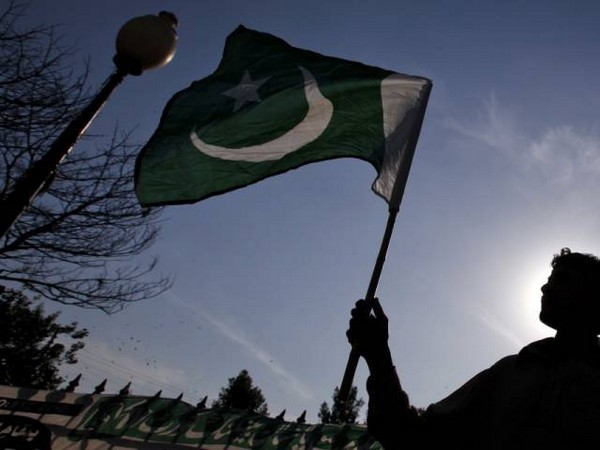JUI-F Punjab Prepares for Protests Amid Madrassa Bill Controversy
JUI-F Punjab mobilizes protests against the government for reneging on the 26th Amendment promises amid delay of madrassa registration bill. Concerns rise over potential FATF measures and international sanctions. Deadline extension to December 17 aims to pressure government compliance as President Zardari returns the bill with objections.

- Country:
- Pakistan
The Jamiat Ulema-e-Islam (JUI-F) Punjab is urging its followers and staff to gear up for protests, accusing the government of retracting commitments on the 26th Amendment. Tensions are escalating over delayed actions on a divisive madrassa registration proposal, as reported by The News International.
A spokesperson for JUI-F Punjab stated, "While we champion reconciliation, the government's actions are driving us to resist." This statement followed President Asif Ali Zardari's expressed concerns that signing the madrassa bill into law could lead to seminaries being registered under the Societies Act, potentially triggering Financial Action Task Force (FATF) sanctions and impacting the nation's international agreements.
Earlier today, the Maulana Fazlur Rehman-led group accused the government of purposely stalling the legislation to accommodate "international powers." During an event at Madrassa Jamia Usmania in Nowshera, Khyber Pakhtunkhwa, on December 7, party leaders set a December 8 deadline for government action on the seminary bill.
Hours before reaching this deadline, Fazl adjusted the date to December 17, seeking to amplify governmental pressure. The contentious madrassa legislation, previously passed by parliament, is a source of strife between JUI-F and the state, with Fazl noting that its implementation was agreed upon as part of the 26th Amendment support deal.
President Zardari recently returned the 'Societies Registration (Amendment) Bill 2024,' revealing on December 13 that he presented eight objections against it, stressing the registration process's potential conflict of interest and the consequential poor reflection on Pakistan's global standing. The president warned that mandatory seminary registrations might escalate sectarian tensions and undermine public order.
This hotly contested bill revises the Societies Registration Act of 1860, compelling madrassas to register within "six months" of its activation. New Deeni Madrassas must register "within one year of establishment." Institutions with various branches require only a singular registration. Furthermore, madrassas must deliver annual educational and financial audit reports. The law identifies a Deeni Madrassa as an institution primarily for imparting religious education, offering board and accommodation facilities.
(With inputs from agencies.)
ALSO READ
Ghana Faces Possible Government Shutdown Amid Budget Stalemate
Budget Brinkmanship: Barnier's Government on the Edge
Opposition Alleges Government Intentional Parliament Disruptions
Andhra Pradesh Government Revokes Waqf Board to Ensure Efficiency
Standoff in French Government: Barnier Faces Budget Crisis










